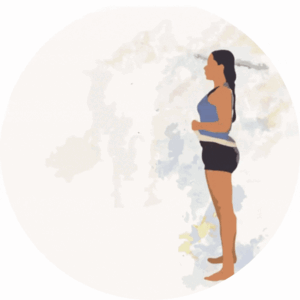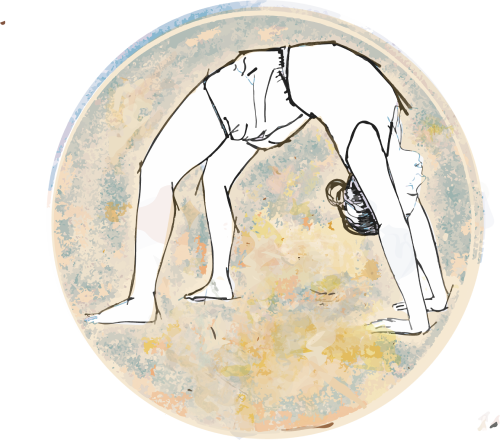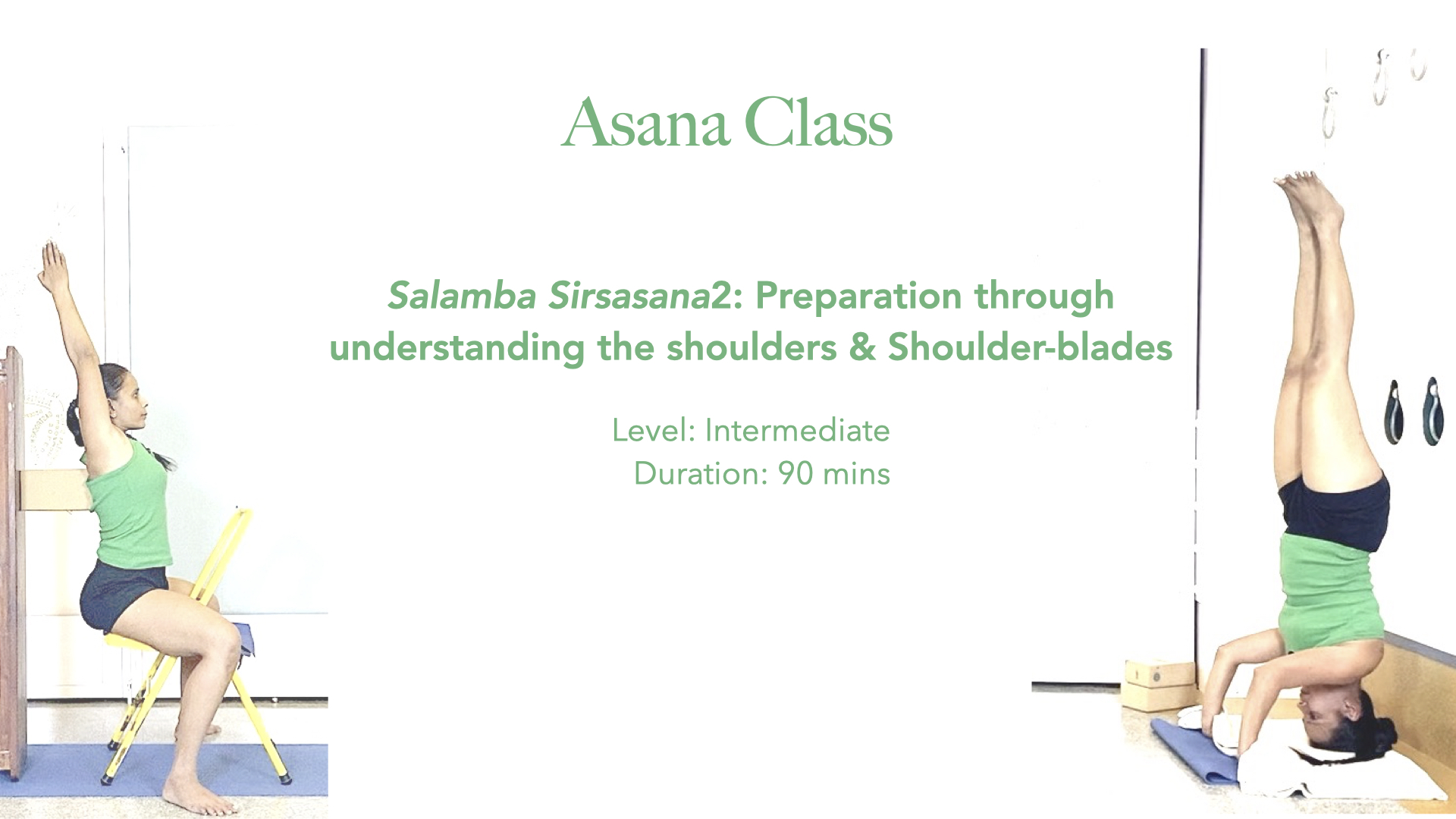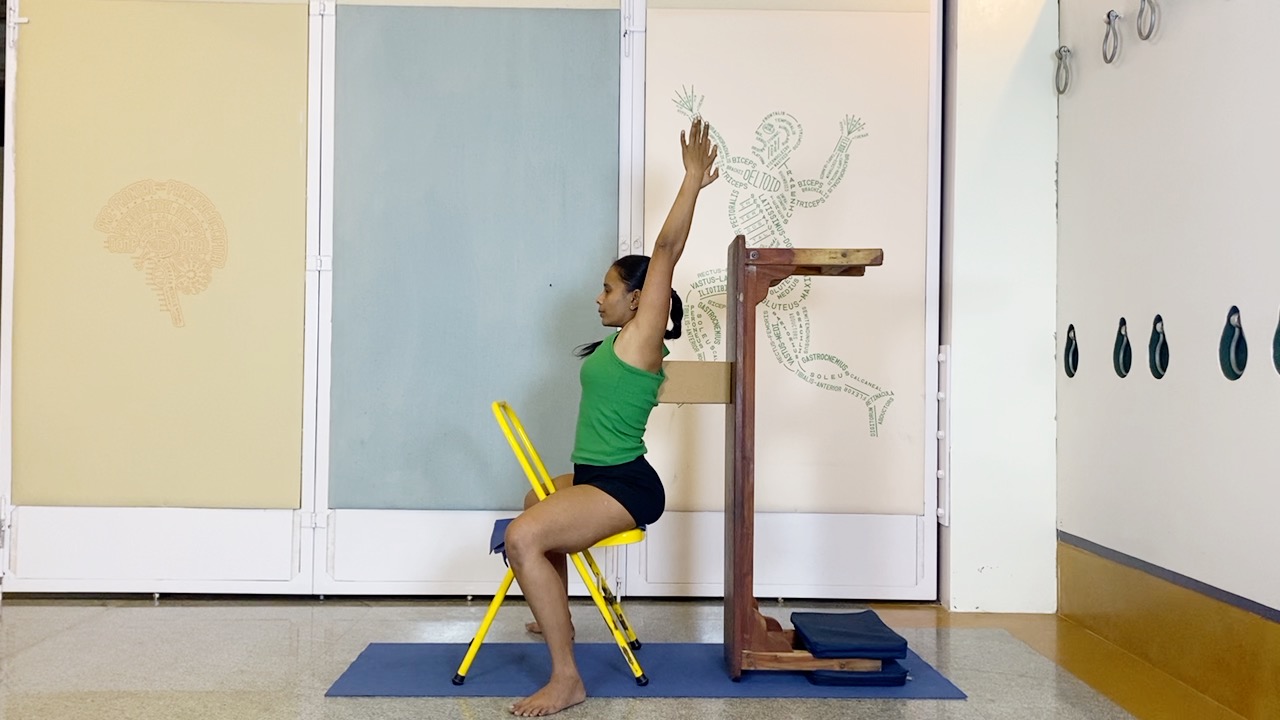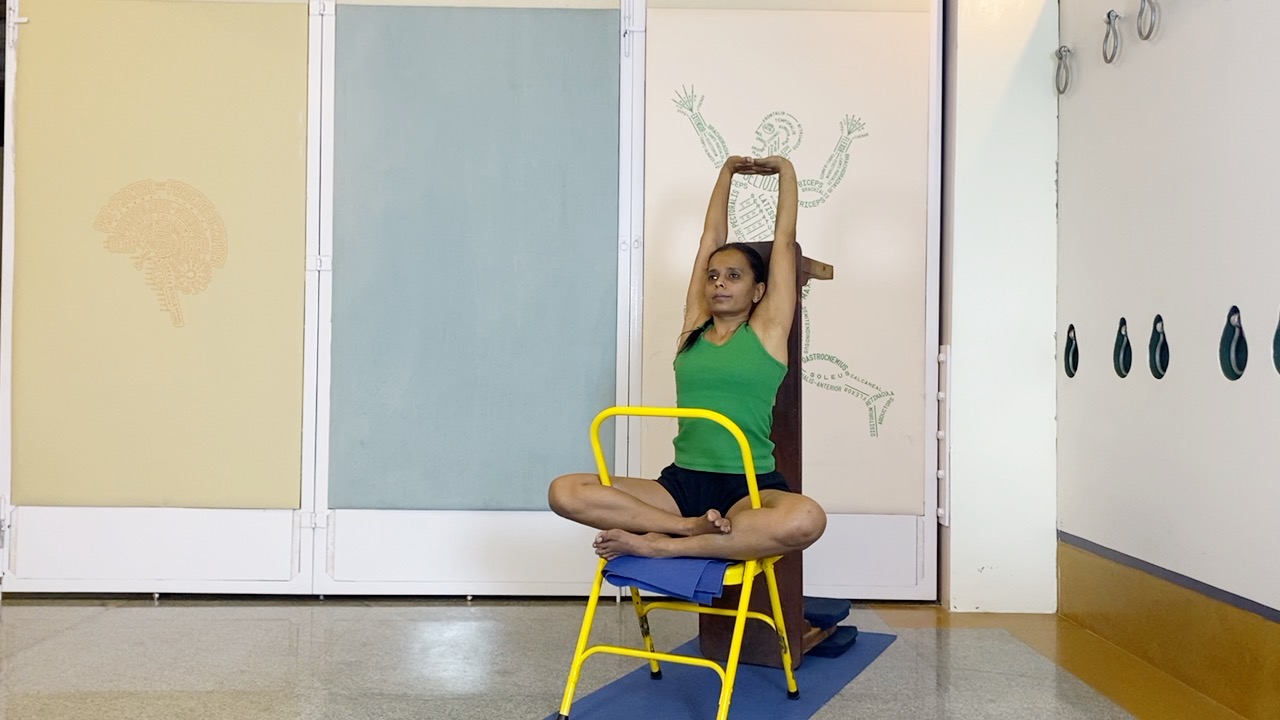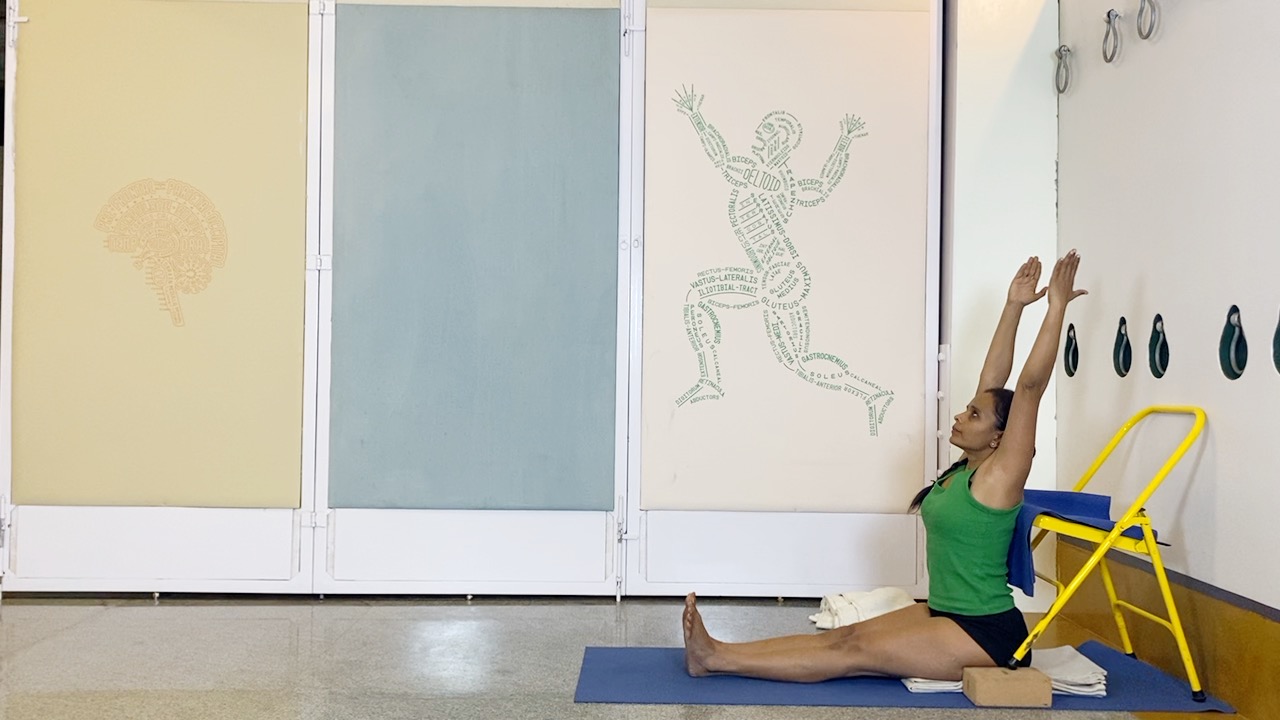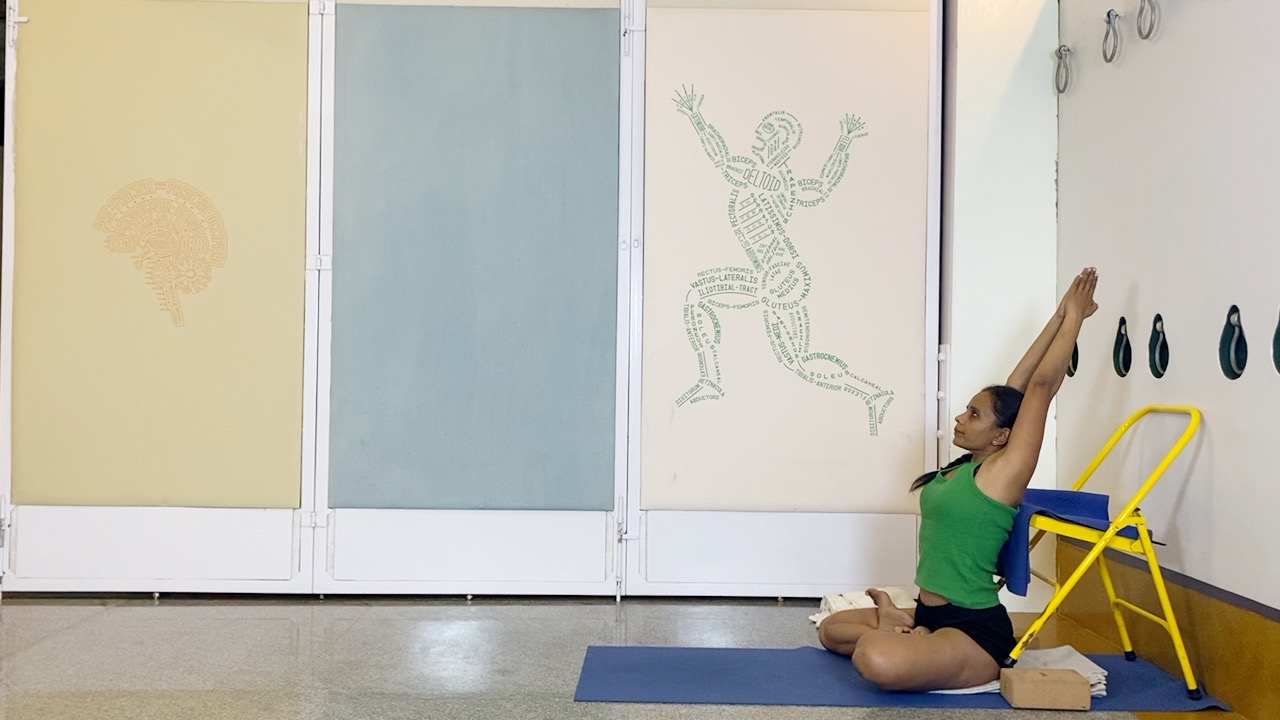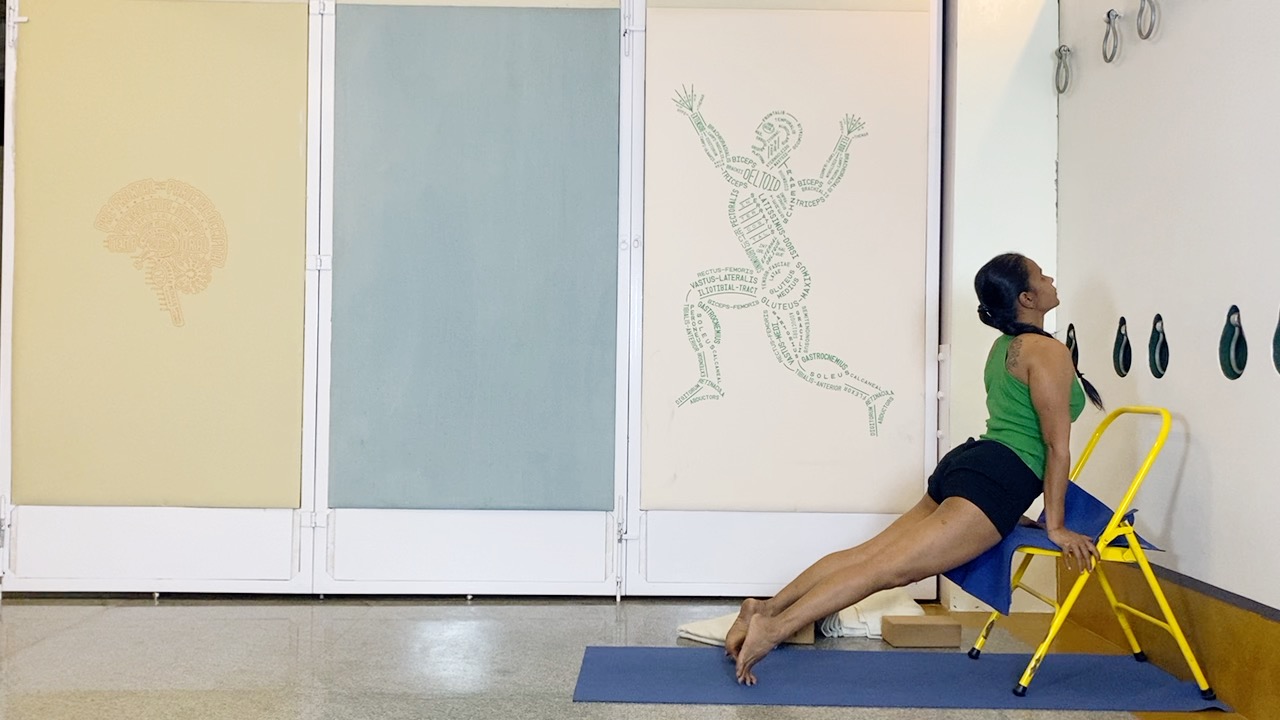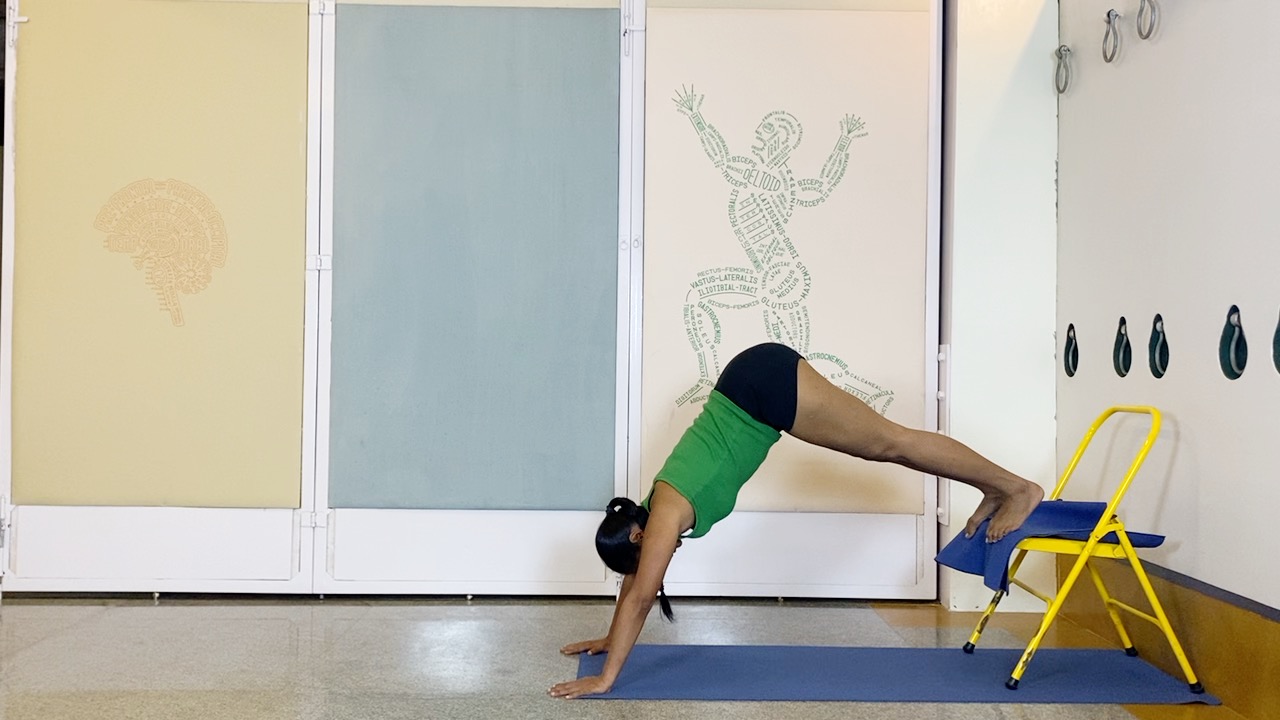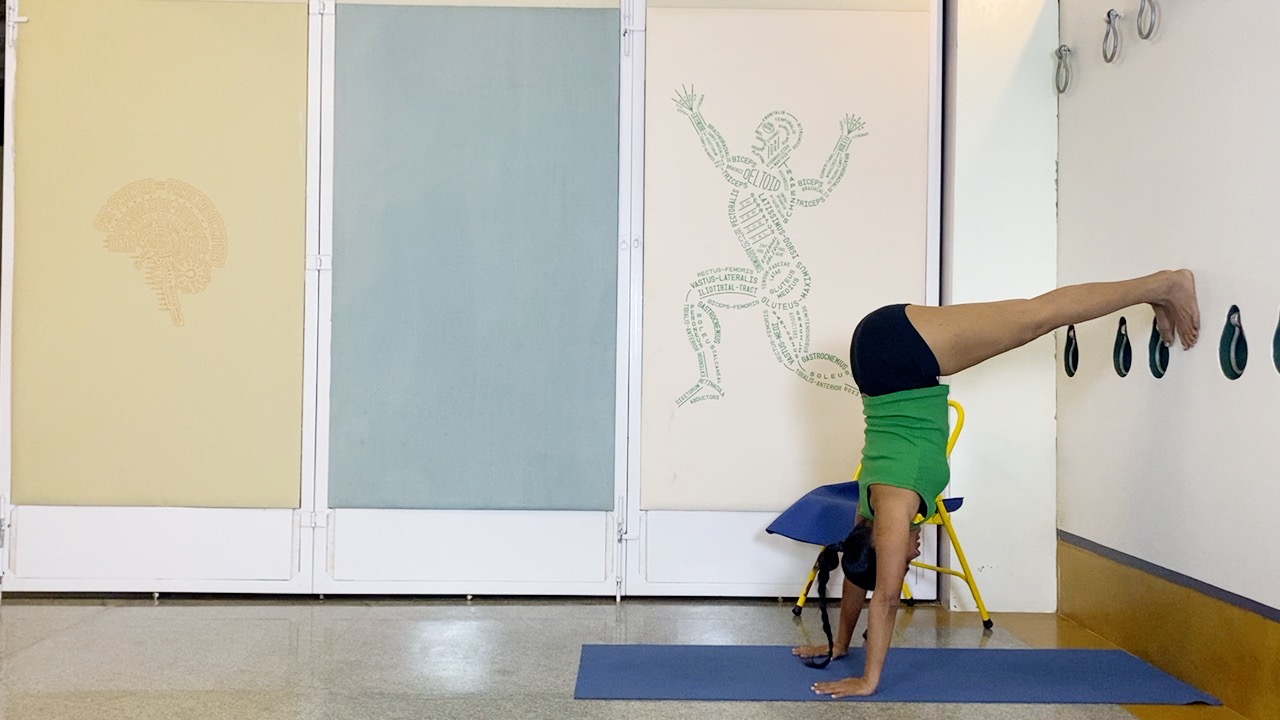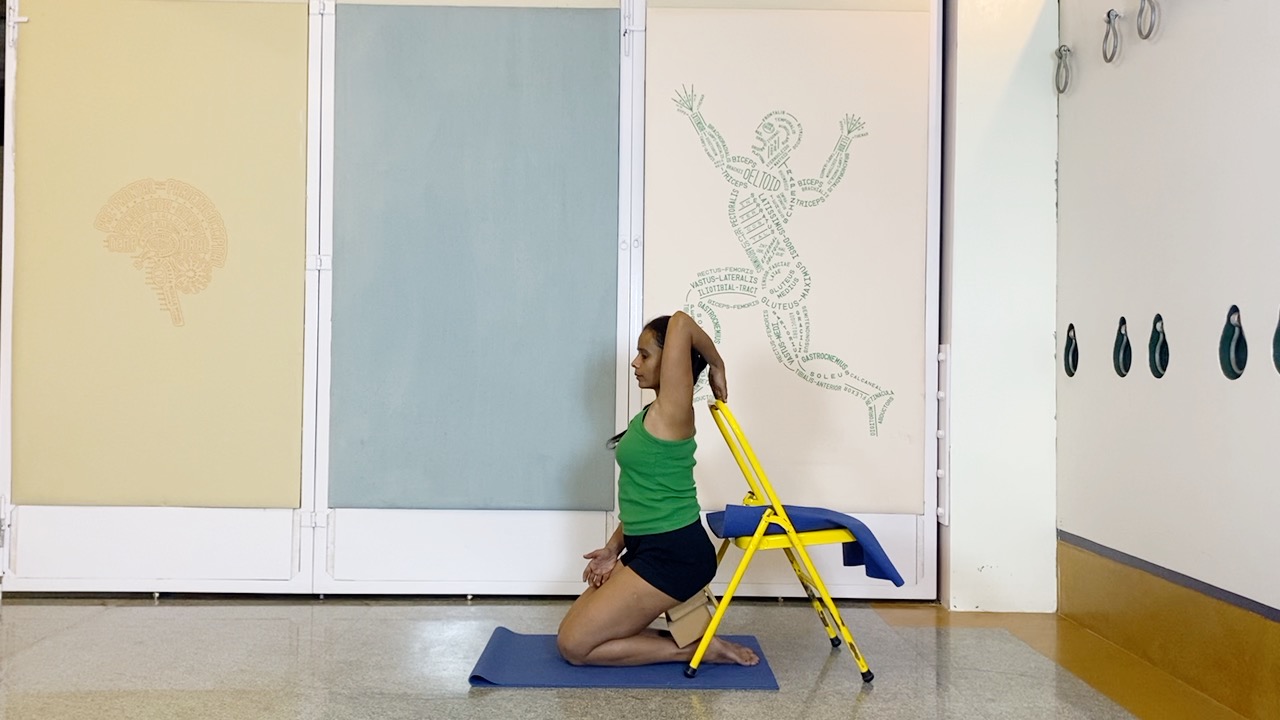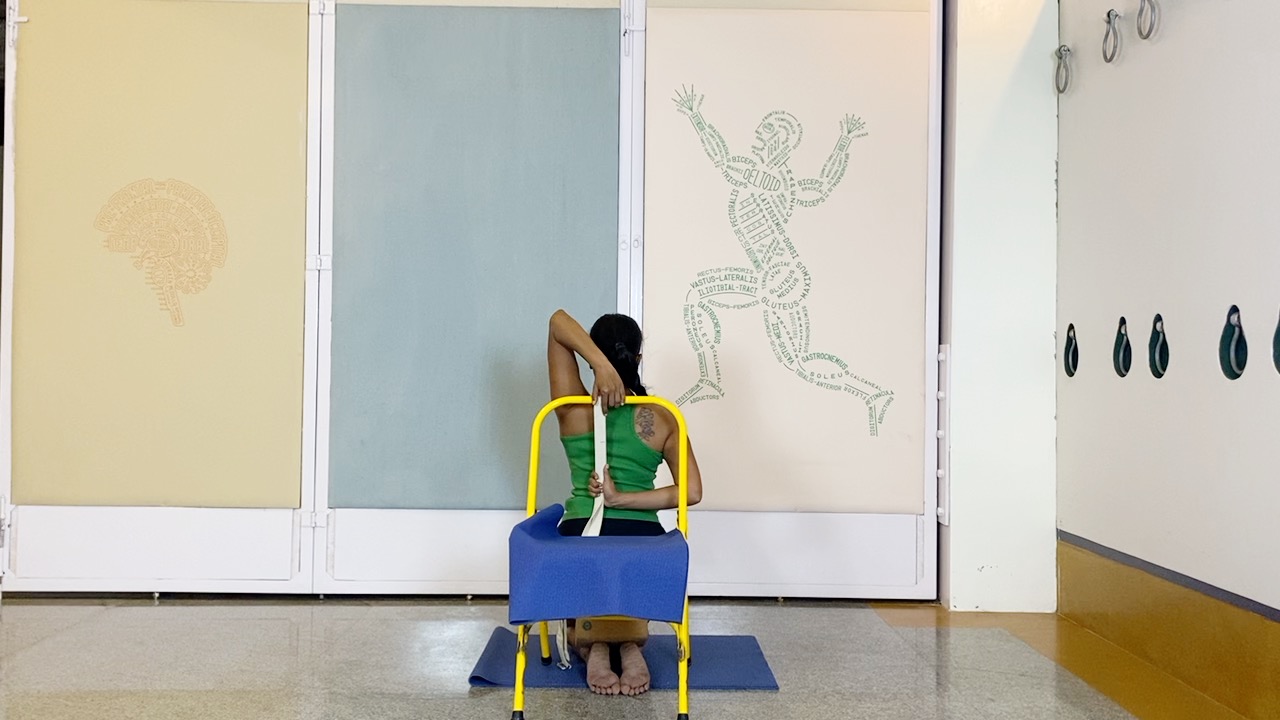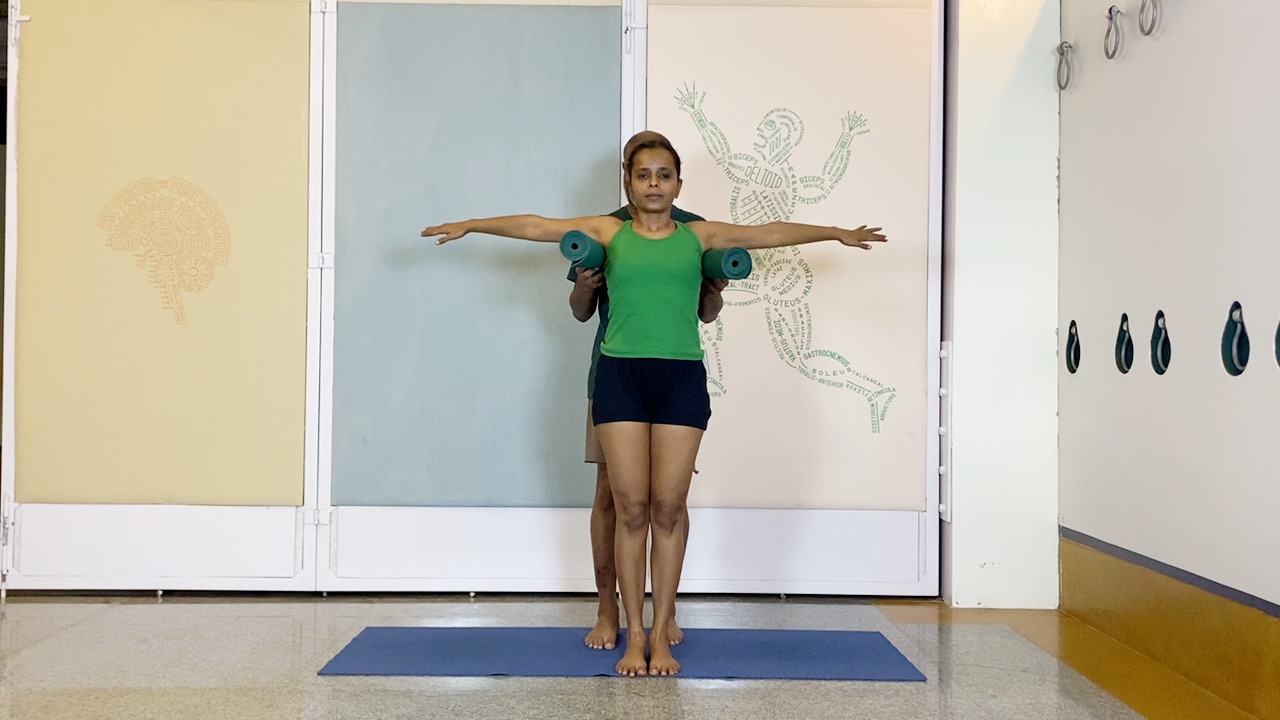Why should we care about the difference in the actions of the shoulders and the shoulder blades? because they are in close proximity, and often, they act together. this is usually good. but they can camouflage each others’ imbalances/ weaknesses. Understanding their actions separately not just prepares us for the more complex asanas, it helps us to target the specific areas for the health of the upper back-shoulder complex.
The shoulder joint( technically the gleno-humeral joint) is a ball and socekt type joint made of two bones – the upper arm bone, fitting into a socket made by the shoulder blade bone (scapulae) that allows for flexion, extension, abduction, adduction and circumduction of the shoulders. Although the scapulae form part of the shoulder joint, the movements of the shoulderblades (scapulae), as they glade on the back ribs, are distinct from the shoulder movements. These are protraction, retraction, elevation, depression, upward rotation, and downward rotation of the shoulders. Together, the two combine to make the shoulder-shoulder blade complex one of the most mobile and versatile joints in the human body.
